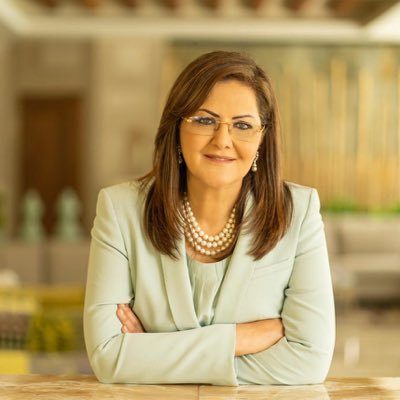Egypt’s Minister of Planning and Economic Development Hala El Saeed opened on Sunday the inaugural session of the Fourth Arab Sustainable Development Week (ASDW), to run for three days under the theme “Together for Sustainable Recovery”.
The event is organized by the Planning Ministry in cooperation with the Arab League. It is sponsored by President Abdel Fattah El Sisi and witnesses the participation of Arab League Secretary General Ahmed Abul Gheit, a number of ministers, ambassadors, representatives of the local, regional and international organizations.
Addressing the session on behalf of the minister, Deputy Planning and Economic Development Minister Ahmed Kamali said this year’s edition of the ASDW is the outcome of the tangible success of former editions which have started five years ago.
He said Egypt is keen on hosting the conference in view of its fruitful cooperation and partnership with the Arab League, the World Bank, the UN organizations as well as the European Union.
Kamali also noted that the event aims to overcome the effect of the Covid-19 pandemic on the region’s development plans and enhance cooperation to achieve the sustainable development objectives of 2030, adding that this edition is the first to be held after the coronavirus pandemic and the increase of burdens on the Arab countries to face the unprecedented economic, social and health challenges.
The issue of funding is a key factor for implementing the development plans of Arab states, he said, adding that the coronavirus pandemic has propelled states to enhance all financial incentives measures to face the negative impact of the pandemic and achieve recovery.
He made it clear that the regional average of incentive packages for the countries of the region is estimated at 4 percent of the GDP at the value of dlrs 95 billion, which is much less than the world average of 22 percent which is valued at dlrs 19 trillion.
The deputy minister also highlighted the challenges of digital transformation with the surge of coronavirus infections, noting that around 350 million people in the Arab region have no access to internet services in addition to other challenges in the various sectors of energy, agriculture, infrastructure, security, education and employment.(MENA)






Discussion about this post